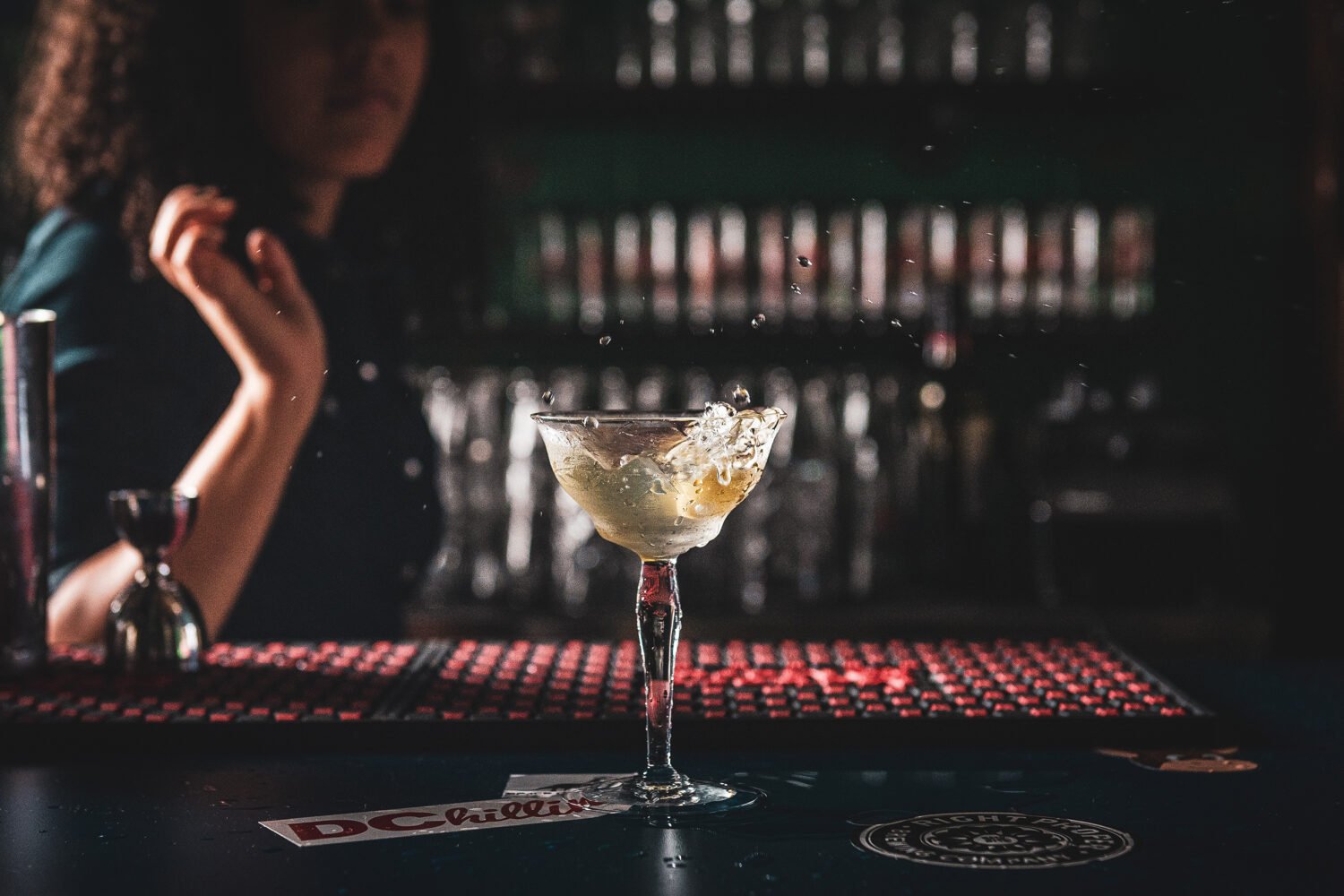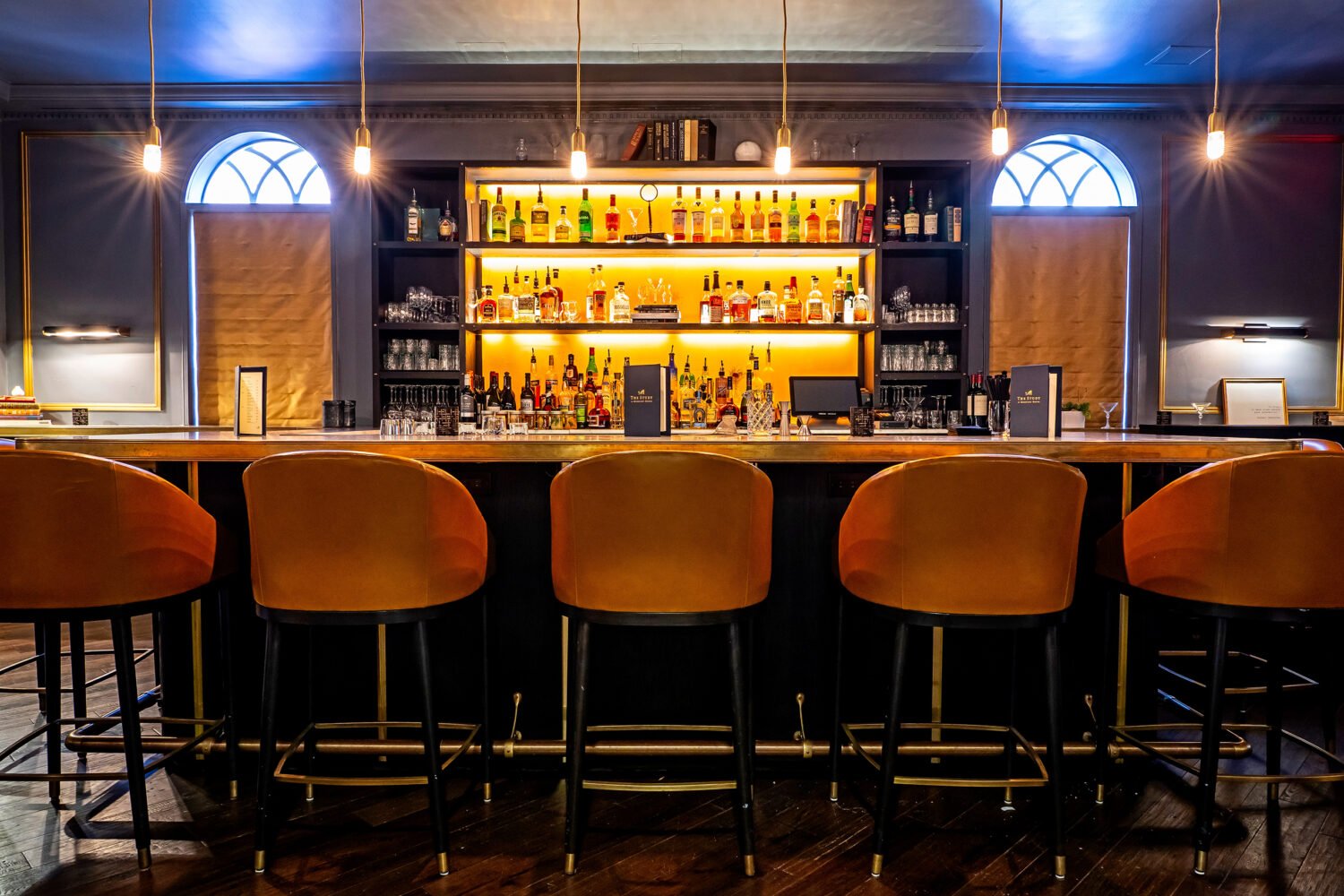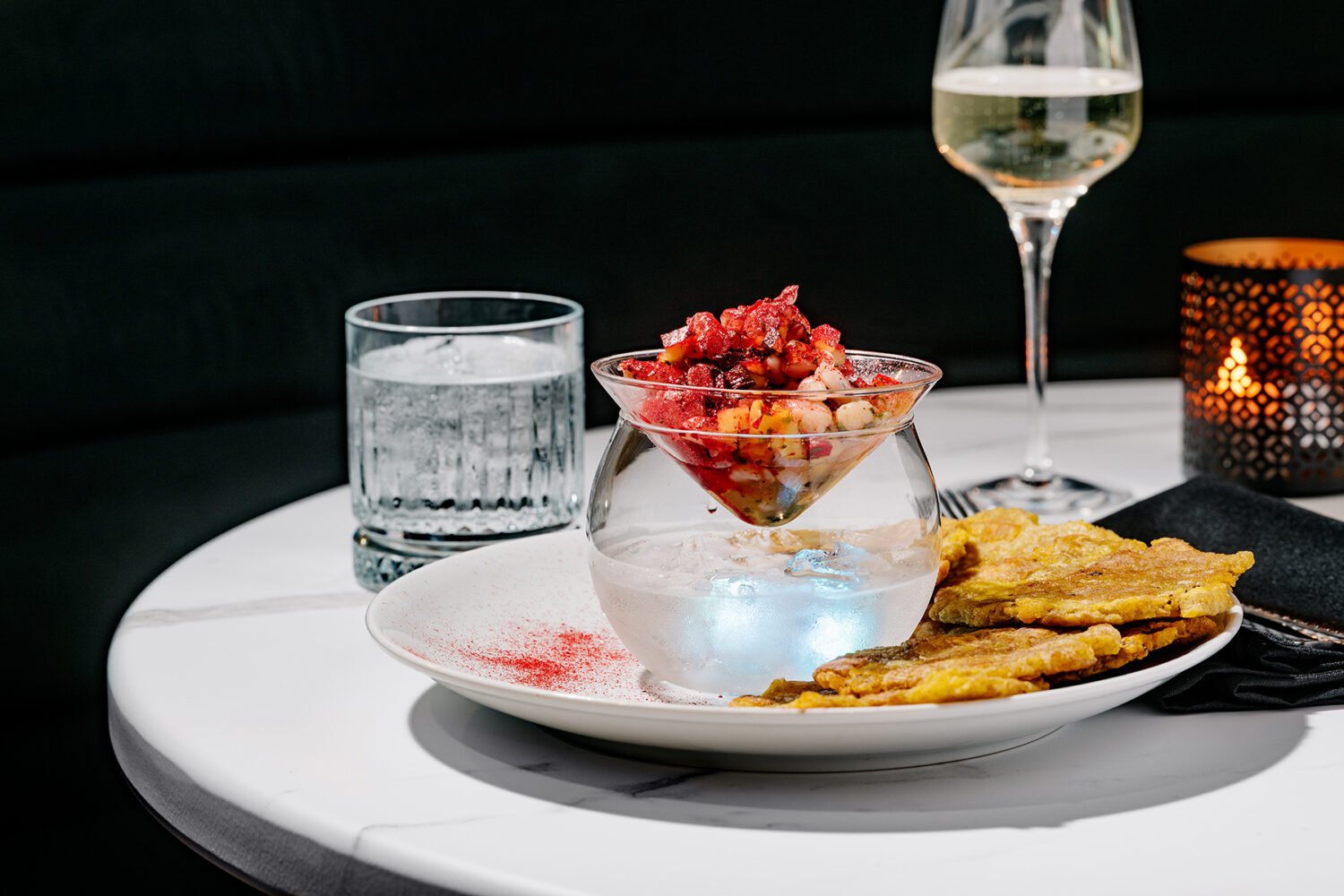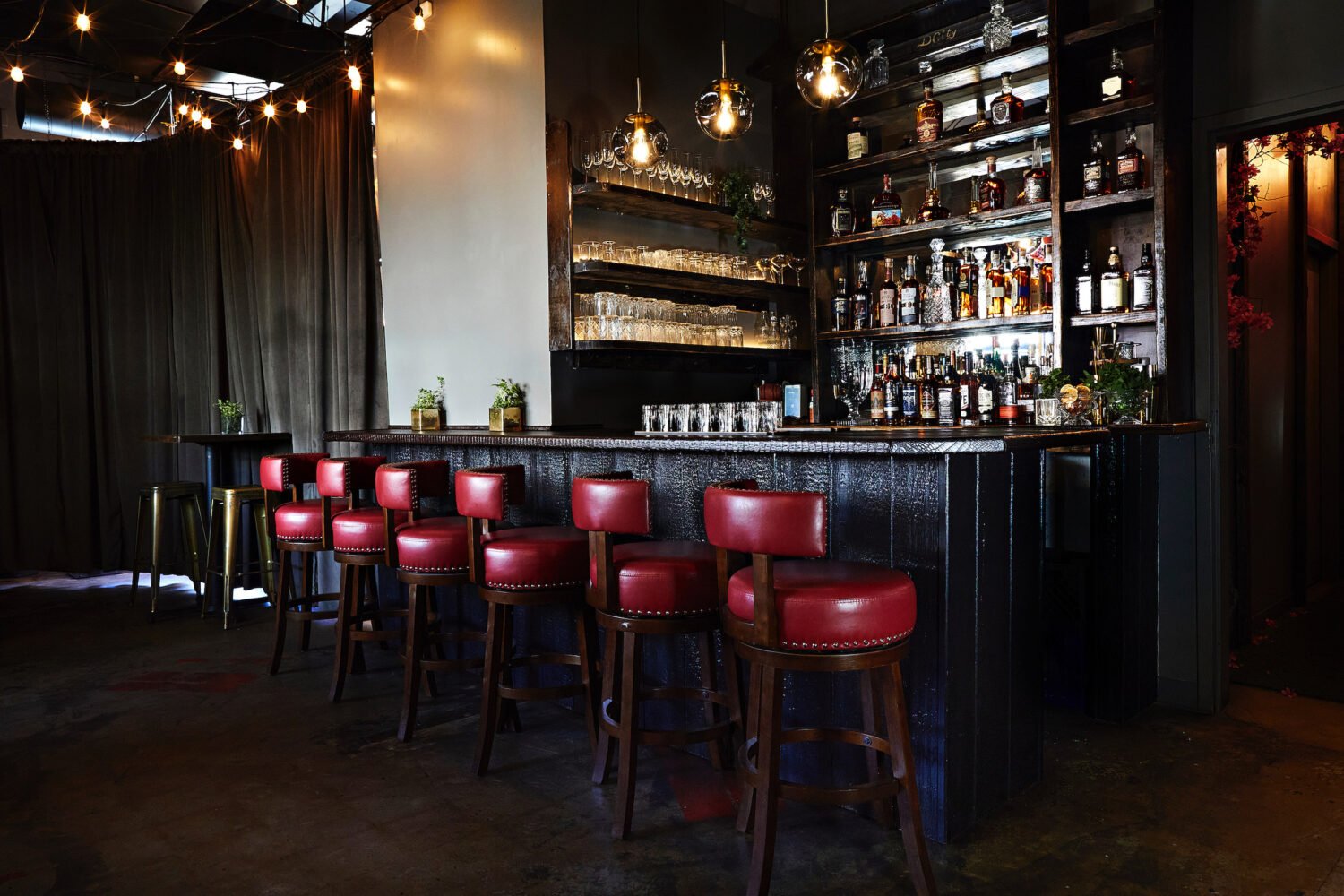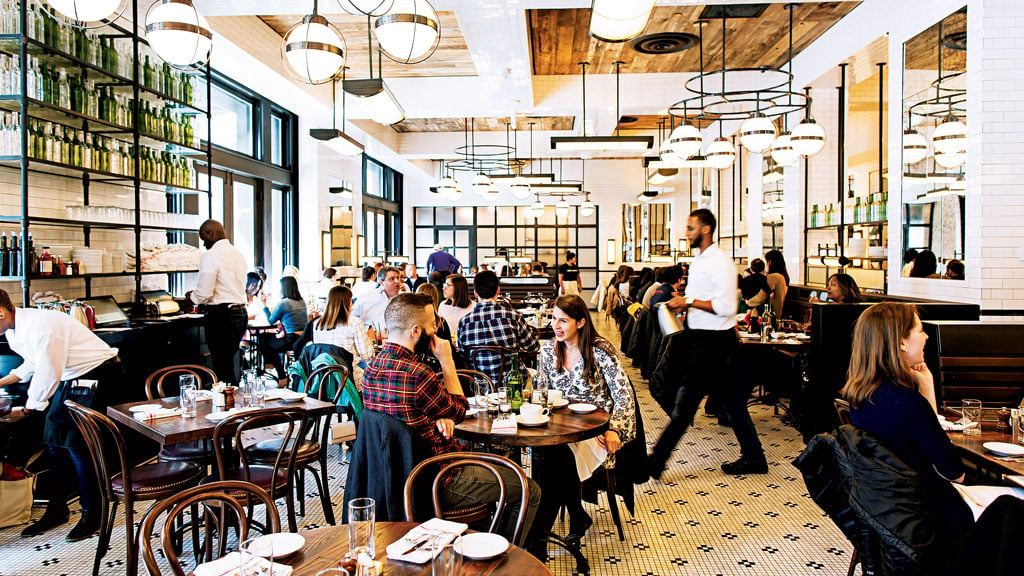Catania Bakery. 1404 North Capitol St., NW.
Catania Bakery has been an incongruous sight for decades now, a relic from the (very) Little Italy that thrived before World War II on North Capitol Street between New York and Florida avenues. But every Saturday morning, the rundown storefront—which operates a wholesale business during the week—comes alive with the smell of baking bread and a line of customers.
Catania has been baking continuously since 1932. But this year has been one of transition for little Italian-American institution. Nicole Tramonte, who’d owned it for more than 40 years, died in February. She had willed the bakery to her nephew Jim Craig and his wife Carolyn, but Jim passed away about a month later, leaving Carolyn Craig as the heir apparent.
Craig says she’s up for the task: she has been baking loaves and cookies at Catania since 1985, shortly after her husband’s aunt bought the place from the Caruso family, its Sicilian founders.
Four decades in, Craig still reports to work six nights a week at 11:30 PM and goes home at 5 AM— the demanding hours of a baker. “It’s all on me,” she says.
So far, Catania has always resisted change, even as the surrounding neighborhoods of NoMa and Bloomingdale have transformed. Tramonte owned several other buildings on the block, and they’ve been inherited by her kids. Catania’s building, a wide brick structure painted white and green, is still owned by the Caruso family, who first bought it when they moved from Connecticut in 1932 and once lived upstairs there.
“The changes have gotten as far as our block and stopped,” Craig says.
As Catania’s new owner, Craig doesn’t plan to change anything significant. She’ll still use and maintain the bakery’s enormous white porcelain oven, which dates back to 1946. She’ll keep the modest selection of biscotti and pastries alongside the classic soft Italian loaves. She’ll still open the bakery to the public only on Saturdays from 7:30 AM to noon— though she’s considering expanding the retail hours and offering coffee and espresso drinks.
Catania’s bedrock is still its wholesale business, and the bakery’s roster of customers includes DC’s few surviving Italian-American institutions: A. Litteri in Union Market, Mangialardo’s on Capitol Hill, Vace in Cleveland Park and Bethesda. So far, Craig says she’s been spread too thin to solicit business from the city’s new wave of Italian restaurants, but that could change.
Having weathered urban decay, gentrification, and the pandemic, Catania seems almost invincible. “The bakery belongs on North Capitol Street,” Craig says. “To move our equipment and to start again somewhere else, it wouldn’t have the same flavor, and it wouldn’t have the same clientele.”


